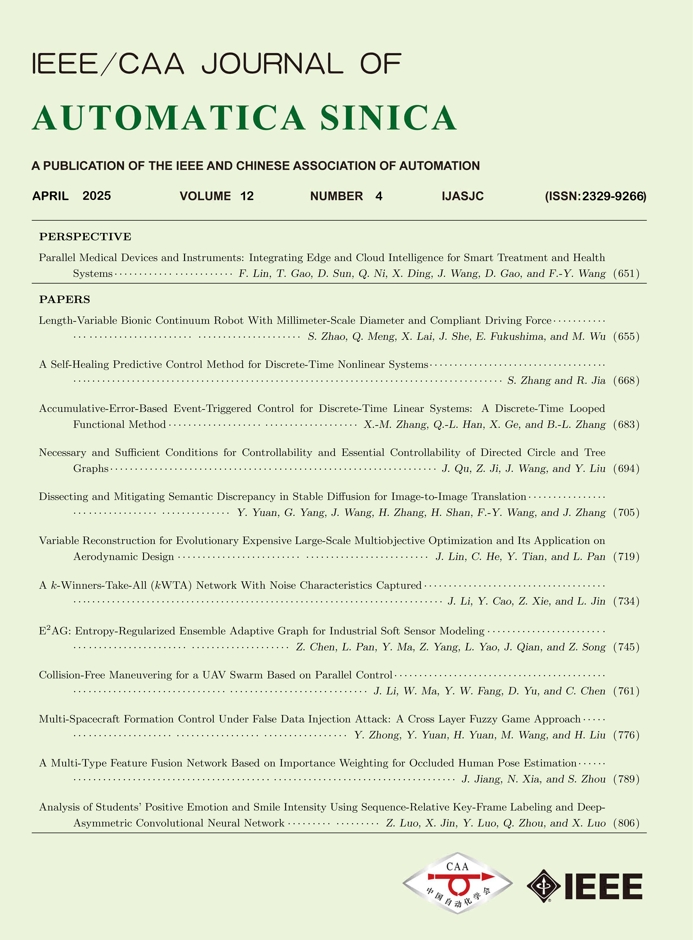Vol. 3, No. 1, 2016
Display Method:
2016, 3(1): 1-14.
Abstract:
2016, 3(1): 15-25.
Abstract:
2016, 3(1): 26-34.
Abstract:
2016, 3(1): 35-41.
Abstract:
2016, 3(1): 42-50.
Abstract:
2016, 3(1): 51-58.
Abstract:
2016, 3(1): 59-67.
Abstract:
2016, 3(1): 68-77.
Abstract:
2016, 3(1): 78-89.
Abstract:
2016, 3(1): 90-95.
Abstract:
2016, 3(1): 96-104.
Abstract:
2016, 3(1): 105-112.
Abstract:


 E-mail Alert
E-mail Alert


